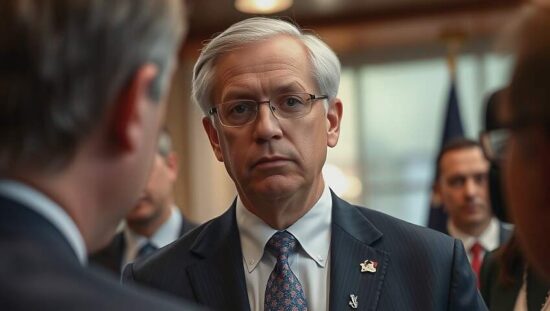The German government is bracing for a cabinet meeting next Wednesday focused solely on deregulation and the dismantling of existing legislation, signaling a concerted effort to ease bureaucratic burdens across various sectors. Bundesdigitalminister Karsten Wildberger has expressed optimism regarding the planned “relief cabinet” citing a surge of proposals from other ministries in response to his recent call for concrete action.
Sources within the Digitalization Ministry, speaking to RTL and ntv, confirmed that Wildberger’s appeal generated “numerous” submissions outlining potential regulatory adjustments and streamlining measures. The focus, according to the ministry, is on readily implementable steps like adapting standards, reducing reporting requirements and promoting digitalization initiatives-prioritizing actions that can yield immediate results.
This unusual cabinet meeting, designed to avoid the introduction of new legislation entirely, underscores the growing political pressure on Chancellor Scholz’s administration to deliver on promises of economic revitalization through reduced red tape. While the initial flurry of proposals suggests a willingness within the government to tackle the problem, critics are already questioning the depth and long-term impact of the planned deregulatory push.
The focus on “quick wins” has raised concerns that the approach might be superficial, addressing only the most visible bureaucratic obstacles while leaving more deeply embedded structural issues untouched. Furthermore, the lack of a clearly defined roadmap beyond Wednesday’s meeting has prompted speculation about whether the momentum generated will be sustained.
Observers note that the success of this deregulatory effort will hinge not just on the quantity of measures implemented, but on their quality – and their ability to genuinely foster innovation and investment without compromising essential protections and safeguards. The government now faces the challenge of translating this initial burst of activity into a lasting legacy of reduced bureaucracy and enhanced economic competitiveness.





